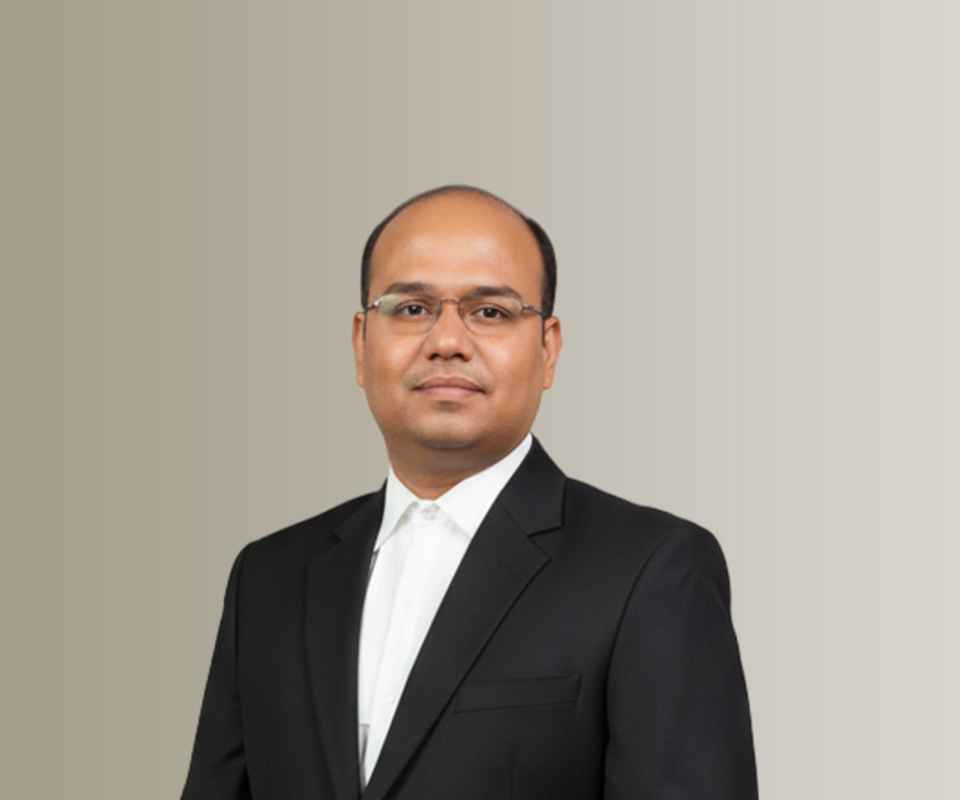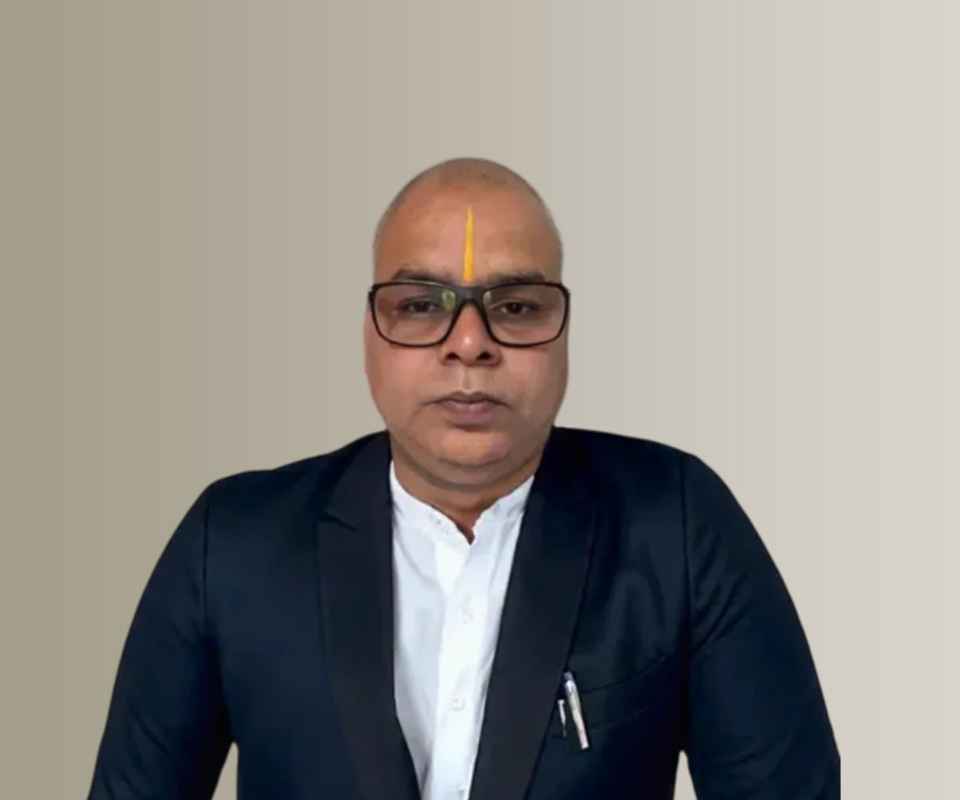Answer By law4u team
In India, state-appointed nodal officers for senior citizens are crucial in ensuring the welfare and protection of elderly individuals. These officers, often appointed at the district or state level, play an essential role in addressing the needs of senior citizens and ensuring the implementation of various legal and welfare measures. Their duties extend beyond mere administrative functions, encompassing social welfare, healthcare, legal protections, and timely grievance redressal for elderly citizens. They serve as a liaison between the elderly population and government authorities, helping to ensure that senior citizens’ rights and needs are prioritized.
Duties of State-Appointed Nodal Officers for Senior Citizens
Implementation of Senior Citizen Welfare Programs
The nodal officer is responsible for ensuring that the government’s welfare schemes and programs for senior citizens are effectively implemented. These include pension schemes, healthcare benefits, and financial aid programs designed to support elderly individuals, especially those from marginalized sections of society.
Coordination with Government Departments
The officer is tasked with coordinating efforts across various government departments to create a holistic framework for elderly care. This involves working with departments related to healthcare, social justice, law enforcement, and finance to ensure that senior citizens receive comprehensive services.
For example, they might collaborate with health authorities to ensure senior citizens have access to affordable and timely healthcare, or with law enforcement to address cases of elder abuse or neglect.
Monitoring the Welfare of Senior Citizens
The nodal officer regularly monitors the condition of senior citizens in their jurisdiction, particularly those living in old age homes or suffering from neglect and abuse. They ensure that such individuals are receiving the support they need, including maintenance from family members or government schemes.
They also visit old age homes, senior citizen care facilities, and village homes to assess the welfare and living conditions of elderly individuals.
Addressing Elder Abuse and Neglect
One of the key responsibilities of the nodal officer is to address elder abuse (physical, emotional, financial, or neglect) and to ensure that it is reported, investigated, and properly acted upon. The officer should ensure that complaints are registered and that adequate support and protection are provided to victims of elder abuse.
Under the Maintenance and Welfare of Parents and Senior Citizens Act, 2007, nodal officers help facilitate the filing of complaints related to neglect or abandonment, ensuring that appropriate legal actions are taken against perpetrators.
Grievance Redressal and Legal Support
The nodal officer acts as a key point of contact for elderly citizens seeking grievance redressal. They help senior citizens lodge complaints regarding issues such as maintenance, neglect, property disputes, or access to social benefits. They guide the elderly through the process of filing complaints with Lok Adalats, tribunals, or police authorities.
They are responsible for ensuring that the legal rights of senior citizens are upheld and that any legal hurdles they face are addressed promptly.
Awareness and Advocacy
Nodal officers have an important role in raising awareness about the rights and welfare of senior citizens. This includes conducting outreach programs, workshops, and awareness campaigns to inform both the elderly and the general public about the available schemes, legal protections, and how to seek help in cases of abuse or neglect.
The officer may also advocate for better policies and regulations to protect the rights of senior citizens and improve their living conditions.
Ensuring Proper Implementation of Maintenance Laws
Under the Maintenance and Welfare of Parents and Senior Citizens Act, the nodal officer ensures that children and legal heirs comply with the maintenance orders issued by the tribunals. They may help senior citizens in obtaining maintenance if their family members are failing to provide adequate support.
The officer also ensures that seniors are informed about their rights to maintenance and that they have the support to file maintenance claims when necessary.
Facilitating Access to Social Security and Healthcare
The officer works to ensure that senior citizens can access social security benefits, including pension schemes, healthcare subsidies, and elderly-friendly welfare programs. They help seniors navigate the bureaucratic processes to claim these benefits, particularly those who are less literate or live in rural areas.
Developing a Supportive Environment for Elderly
Nodal officers also work towards creating a senior-friendly environment by ensuring accessibility to essential services such as public transportation, healthcare facilities, and social activities. This includes ensuring that public infrastructure is elderly-friendly, such as the availability of ramps in public buildings and senior citizens’ helplines.
Liaison with NGOs and Community Organizations
Nodal officers collaborate with NGOs, social organizations, and community groups that focus on elderly care. They work together to provide legal aid, shelter, food, and emotional support to senior citizens, particularly those who are marginalized or abandoned.
Example
Mr. Sharma, a senior citizen living alone in a village, is facing neglect from his children. He is unable to manage his daily needs and has health issues but has no means to seek legal redressal on his own.
Steps Taken by the Nodal Officer:
Mr. Sharma contacts the District Nodal Officer:
Mr. Sharma contacts the District Nodal Officer for senior citizens via a helpline.
The officer schedules a visit:
The officer schedules a visit to Mr. Sharma’s home to assess the situation and verify the neglect.
After the visit, the officer helps file a complaint:
After the visit, the officer helps Mr. Sharma file a complaint with the Maintenance Tribunal for financial support and maintenance from his children.
The officer arranges healthcare support:
The officer arranges for Mr. Sharma to receive healthcare support through government health programs.
The officer ensures legal rights awareness:
The officer also ensures that Mr. Sharma is informed about elder care schemes and legal rights, including the right to file for protection under the Maintenance and Welfare of Parents and Senior Citizens Act, 2007.
Conclusion
The state-appointed nodal officers for senior citizens have a multi-faceted role in ensuring the welfare, protection, and empowerment of elderly individuals. Their duties span from grievance redressal and legal support to awareness building and ensuring access to government welfare schemes. These officers play a vital role in ensuring that senior citizens, especially those in vulnerable situations, receive the care and support they deserve under the law.







